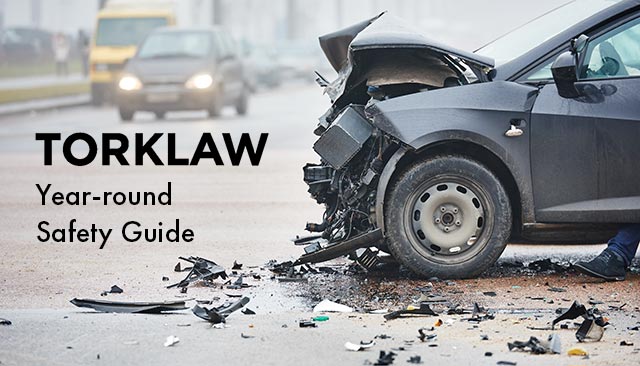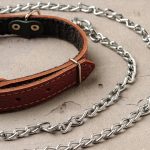Are you making a New Year’s resolution? According to Inc. magazine, most people’s resolutions are among the top three: (1.) Diet; (2.) Exercise; and (3.) Lose weight.
There problem is, these types of resolutions typically fail before February is over. Why?
A New Year’s resolution that’s more about what others expect, and less about what you really want is bound to fail. While there’s no doubt many Americans are overweight to an unhealthy degree, it’s also true that our society overemphasizes being skinny.
If your health is at risk, absolutely make the effort to change bad habits. But also be aware that cancer and heart disease are no longer the leading causes of death in the United States: the leading cause of death for Americans 44 and younger is unintentional injury.
So instead, make a New Year’s resolution you can keep: to take monthly steps to keep yourself and others around you safe from illness and injury the whole year ‘round.
January: Be Prepared for Winter Driving Hazards
January is one of the worst months for winter weather. That means poor driving conditions, slippery roads, and freezing cold, even in sunny Orange County, California.
The best tip for driving in bad weather conditions is: don’t. If possible, avoid driving in the rain or snow. Put off errands for better weather.
If you must drive in bad weather, be prepared so you can avoid unintentional injury.
- Make sure you have your driver’s license, registration, insurance information, and a fully charged cell phone (but don’t use it unless it’s an emergency).
- Take some time to check that your vehicle is working properly: lights, brakes, enough gas, coolant, wiper fluid, and battery power.
Ensure your tires are properly inflated. Under-inflating your tires for snow or slippery conditions is a dangerous myth. - Drive with caution, obeying all traffic laws, and maintaining a safe distance between cars.
- Don’t drive if you are impaired or suffering from lack of sleep.
- Don’t drink and drive.
- And just in case, print this checklist about What to Do After an Accident.
The beginning of the year is also a great time to take an online driving safety course. Even if you’re an excellent driver, you can still learn something, and benefit from reminders about safe driving habits. You may also earn a reduction on your auto insurance rates.
February: Take Care of Your Heart Health
February is American Heart Month! If your heart health is putting you at risk due to habits like smoking, overeating, or lack of exercise, this is the time to redouble your efforts toward getting healthy. 80 percent of cardiac and stroke events are preventable, if you make just a few healthy lifestyle changes:
- Eat smaller portions of unhealthy foods, and switch to more heart-healthy options.
- Do something physically active for 20-25 minutes a day, or 2.5 hours a week.
- Quit smoking!
- Sleep at least seven hours a day to keep your blood pressure down and avoid drowsy driving auto accidents. Studies show most Americans suffer from sleep deprivation.
- Be aware of your mental health. Diet, exercise, and sleep can help, as can mindfulness or meditation. If you need additional help, don’t be afraid to talk to a doctor and/or find a good therapist to get back on track.
March: Don’t Let Daylight Saving Time Put You at Risk
In March, we spring forward by observing Daylight Saving Time. No one really knows why (contrary to popular myths, it has nothing to do with farmers or Ben Franklin). But a 2014 study showed that when we set our clocks an hour ahead, motor vehicle crashes increase for the next six days. The report cited the main causes of this to be sleep deprivation, and the adjustment to driving to work in the dark.
If your state observes Daylight Saving Time, here’s how to avoid unintentional injury:
- Get to bed at least an hour earlier that evening. Make sure you’ve had a good seven hours of sleep so you’re well-rested the next day.
- Leave for work a bit early on Monday morning. Give yourself time to drive safely.
- When (and if) you do set your clocks forward, March is a good time to change the batteries in your smoke alarms and carbon monoxide detectors. Test them to make sure they’re working properly.
- And if you don’t have smoke detectors and carbon monoxide detectors in your home, get some now!
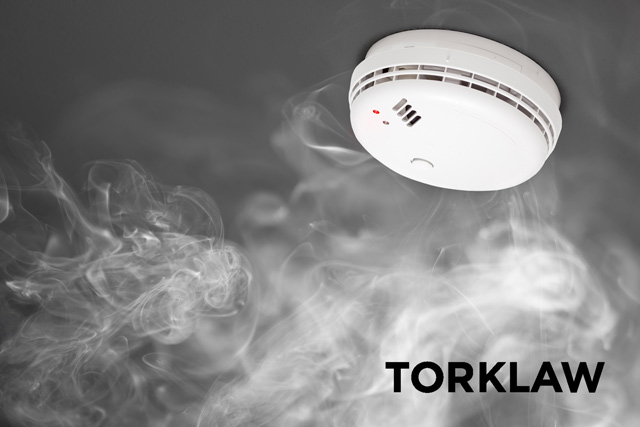
April: Clean Out Home Hazards
April means spring cleaning, so it’s a good time to clean up safety hazards around the home! The leading causes of unintentional injury in the home are slips, trips and falls, and fire accidents.
To reduce the risk of falls and fires in your home:
- Clear out clutter, especially on the floor or stairs.
- Make sure all stairs, including outdoor steps, have handrails and are stable and well-lit.
- Use grip tape on area rugs to keep them from sliding on hard floors.
- Clean clutter away from cooking areas.
- Remove excess dust buildup from appliances like your refrigerator, dryer, oven, etc.
- Change filters in your heating system and/or air conditioner.
- Install smoke alarms and carbon monoxide alarms. (Or dual-purpose alarms.)
- Purchase a fire extinguisher and keep it in the kitchen or near the fireplace.
April is also Distracted Driving Awareness Month, which makes it a good time to start paying more attention to motorcycles, bicycles, and pedestrians on the road.
May: Use the Right Equipment for Outdoor Activities
May is National Bike Month, and a good time to think about safety equipment for all your outdoor activities. Motorcycle riders, bicyclists, and ATV enthusiasts should ensure they have a properly-fitting, well-maintained and safety-rated helmet. When interacting with other vehicles, you may not be able to prevent unintentional injury, but you can do your best to ensure those injuries are not life-threatening.
June: Vacation Safely
Read TORKLAW’s Ultimate Guide to Vacation Hazards to avoid unintentional injury on your summer vacation. This includes researching local hazards for your destination, being prepared for summer-related accidents, and mitigating risks related to travel.
Our Ultimate Guides to Airbnb Accidents, Rental Car Accidents, and Uber & Lyft Accidents might also be useful, as well.
Finally, spend some time ensuring water safety if you have a pool, make sure it is fully enclosed and child-proof. Observe water safety when boating or participating in water sports.
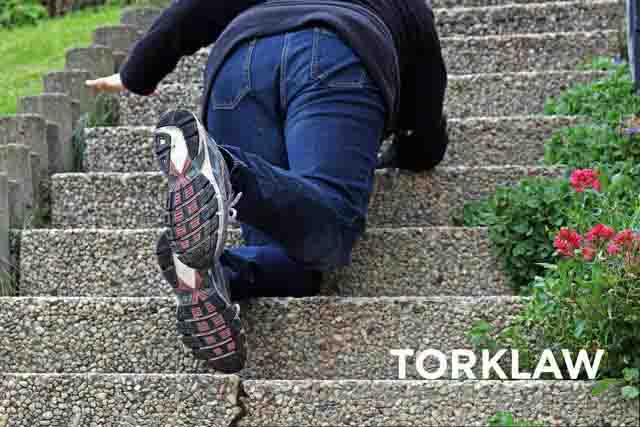
July: Don’t Ruin the Party with an Injury
Tens of thousands of people suffer unintentional injury from Fourth of July fireworks. This July, stay safe by leaving fireworks to the professionals.
If you do choose to set off your own fireworks, use safe practices: Don’t set off fireworks after you’ve been drinking, and don’t let children set off fireworks ever. Wear safety glasses and shoes when using fireworks. Be cautious not to use them near flammable materials, such as dry grass, or anything with a fuel tank (like a car or barbecue). Keep a bucket of water handy.
Sadly, Independence Day is the deadliest day of the year on the roads in our country: 47 percent of July 4 vehicle accidents are due to drunk driving.
If you drink during your summer celebrations, don’t drive.
August: Be Mindful of Heat Illness
In North America, August is one of the hottest months of the year. Heat stroke is a real danger for those who participate in outdoor sports. Often, youth coaches don’t treat this danger seriously, ordering players to practice strenuously, while restricting water breaks and ignoring clear signs of heat-related illness. As a result, August is the deadliest month for young football players – and most of these deaths are completely preventable.
If your child is involved in sports, make sure the coaching staff doesn’t engage in irrationally intense workouts, or practice “punishment workouts.” Ensure your child always has access to water breaks whenever needed, and that the coaches know how to identify and treat heat illness.
September: Back to School Safety
September means it’s back to school for local children, which means more pedestrian traffic in the morning and afternoons. Be conscious of the school zones in your area. If possible, reroute your commute to avoid these areas. If not, make sure you observe the speed limits and rules about driving around school buses and crossing guards.
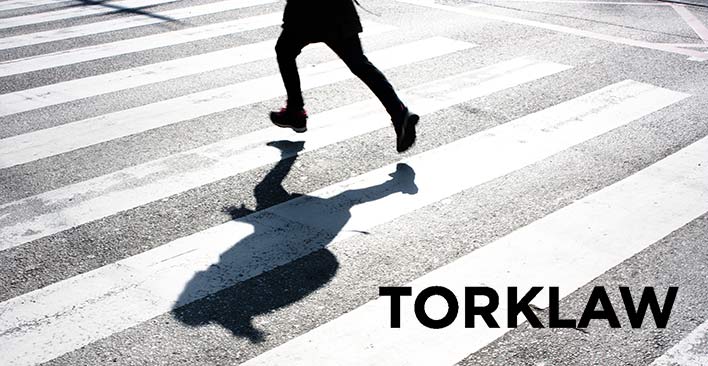
October: Be Mindful of Pedestrians
Pedestrian accidents are the top type of unintentional injury on Halloween.
As the days get shorter, you may be driving in the dark more often. When you do, make sure you’re not impaired, fatigued, or distracted. Take your time and stay alert.
Around this time, Daylight Saving Time ends and we set our clocks back an hour. When you do, take the opportunity to check and/or change the batteries in your smoke and carbon monoxide alarms.
November: Start the Holidays Safely
November brings Thanksgiving, but along with that comes an annual rise in U.S. injury rates, a trend that continues throughout the holidays. Here are some tips to ensure that you don’t become a holiday statistic:
- Winterize your vehicle, and make sure it’s in top condition before getting on the road.
- Always wear your seat belt when you’re in a moving vehicle.
- Slow down and stress less.
- Don’t overindulge – eat small portions and limit your alcohol intake.
December: End the Year in Good Health!
Holiday decorations and observances often involve fire hazards: candles and electrical cords. Keep your home fire safe this December by inspecting holiday lights and electrical decorations to make sure they’re safe. If you have a live Christmas tree, keep it watered to make sure it doesn’t create a flashover fire.
Make sure Hanukkah and Kwanzaa candles are extinguished before you leave the house or go to bed.
Again, check you smoke and carbon monoxide alarms and invest in a household fire extinguisher.
Whatever your New Year’s resolution is, we hope this is your safest year yet! If you suffer an unintentional injury due to the actions or negligence of someone else, you can still protect your physical, emotional and financial recovery by contacting the personal injury attorneys at TorkLaw.
Did you enjoy this post? You may enjoy the below content:
Back to School Safety – 7 Driving Tips to Keep Kids Safe
Recognizing Hazards: National Safety Month – Week 1


